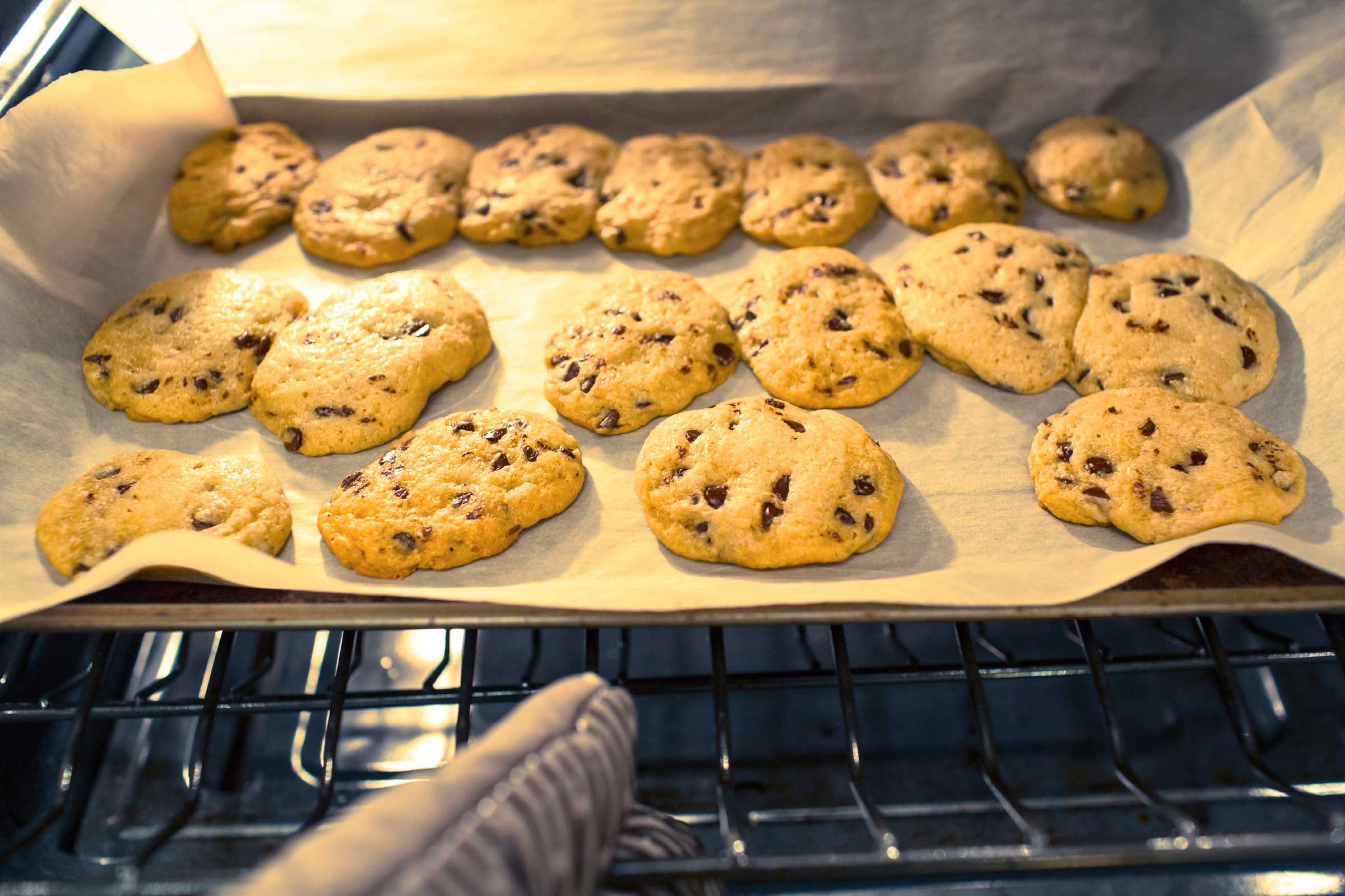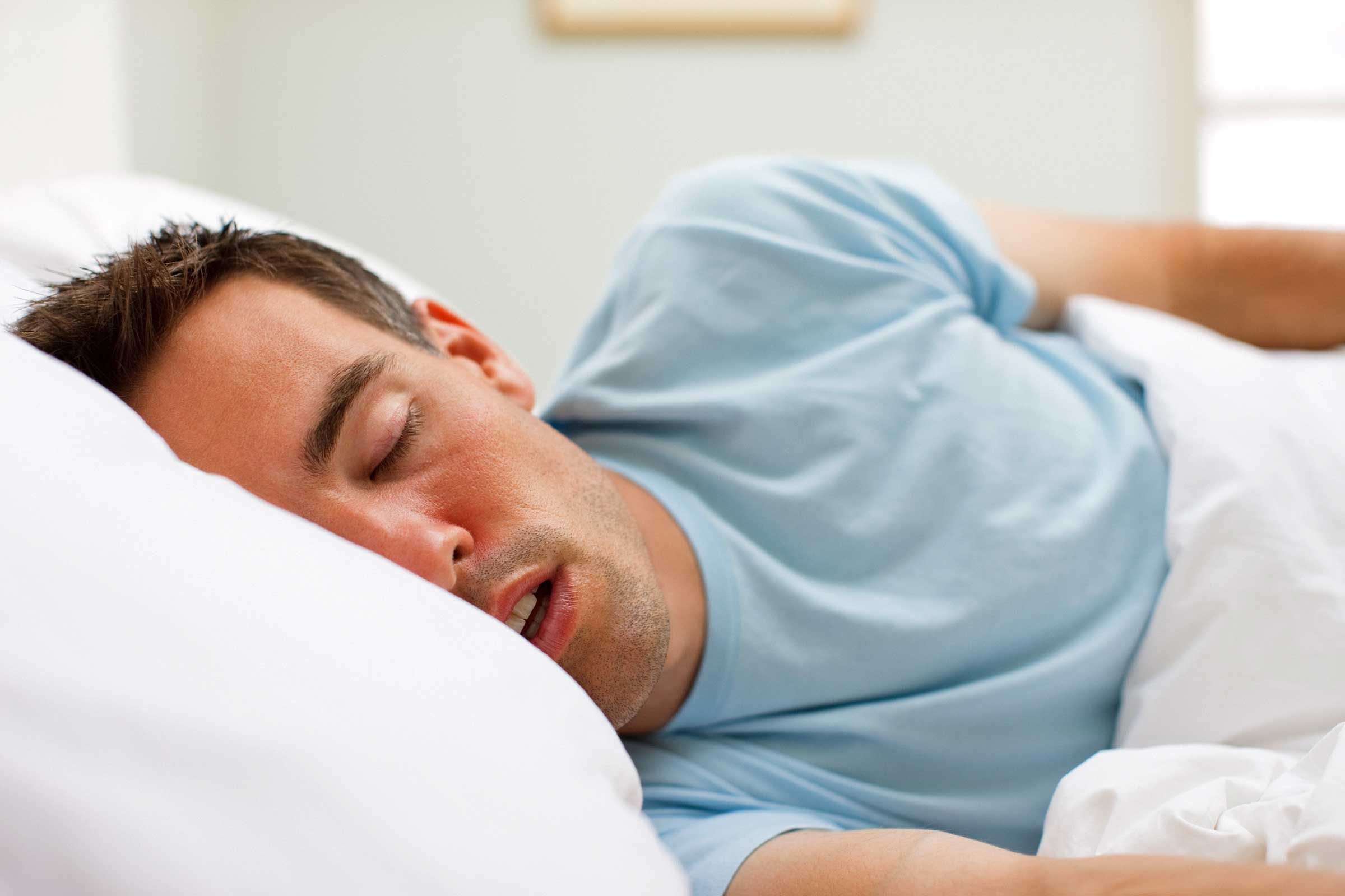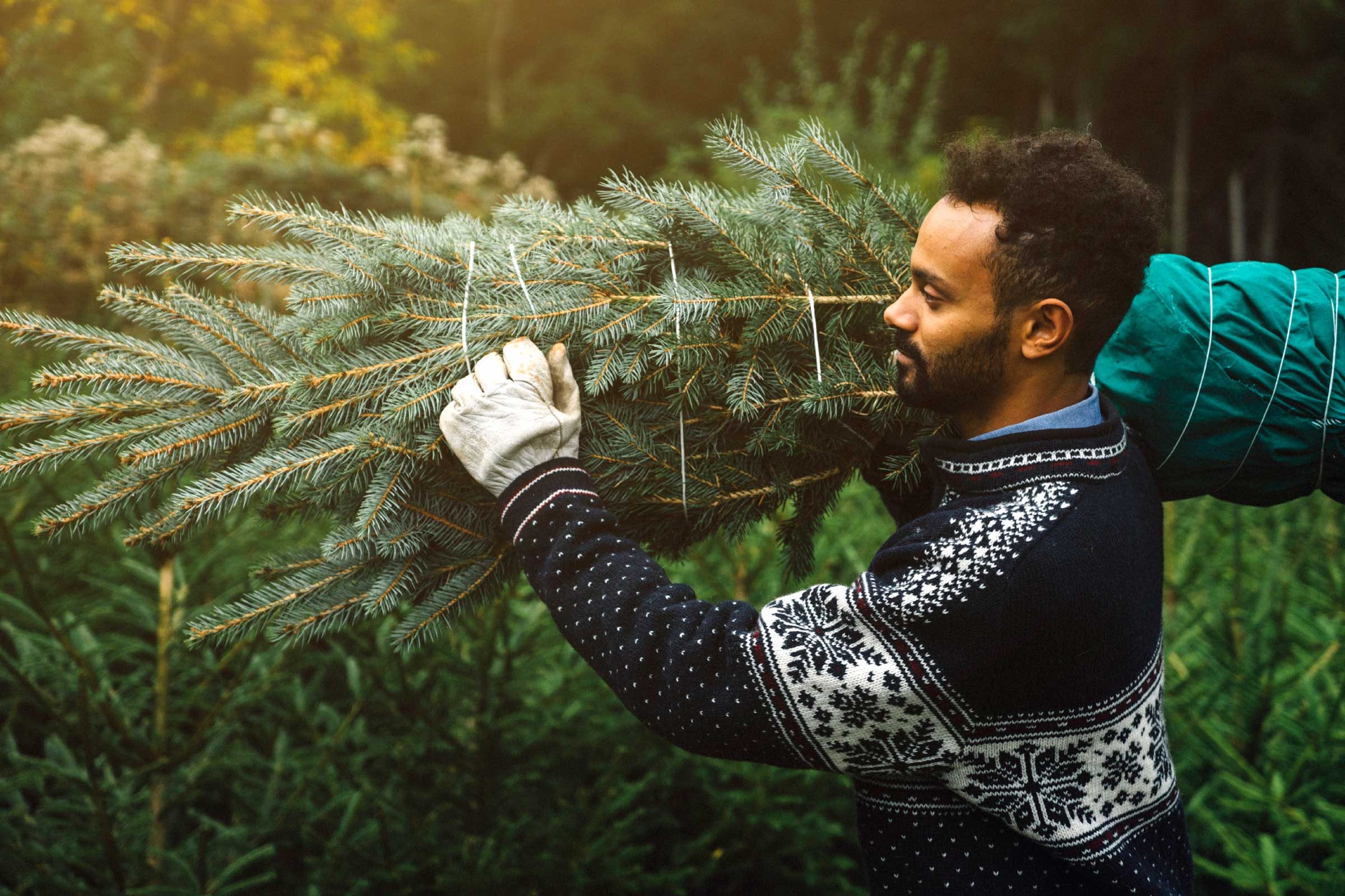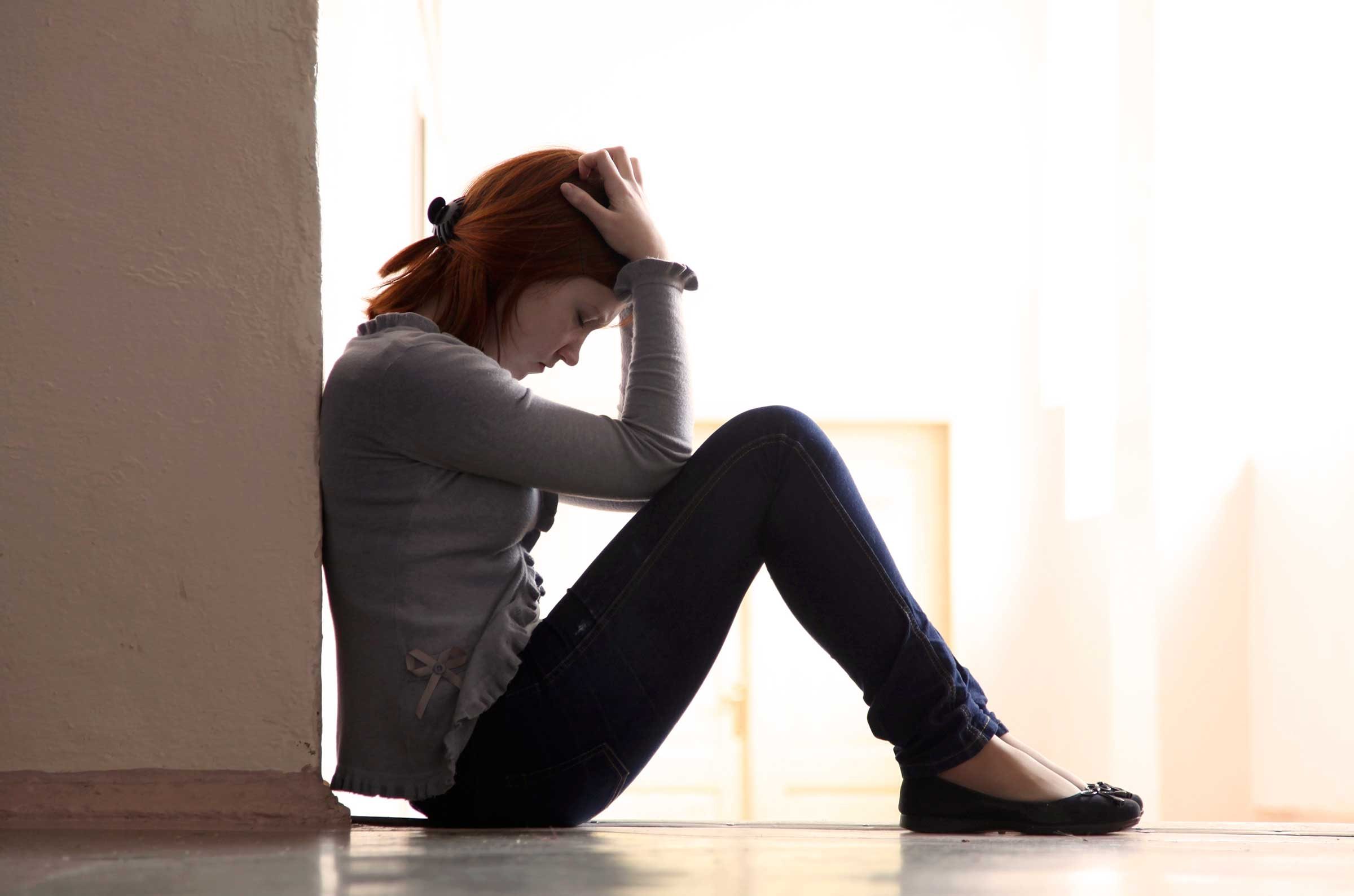Sick during the winter (holiday) season
The winter season can be a hotbed for illnesses, like cold, flu and other respiratory infections. Seasonal illnesses increase during this time of year (especially during the holidays), but they aren’t always related to the weather. There are seasonal routines that may increase your susceptibility to getting sick without you knowing it.
Our medical experts reveal the unexpected reasons why you feel under the weather during winter break. Plus, add these winter foods to your diet to prevent a cold.

You eat more sweets
Wintertime is the season for frosted cookies, candy canes (during the holidays), and sugary lattes or hot chocolates, but digging into sugar can affect your waistline and your immune system. “There’s evidence that sugar consumption lessens our abilities to fight off infections,” says Kathryn Boling, MD, a family medicine doctor at Mercy Medical Center in Baltimore. “We put ourselves at increased risk right at the peak of the cold and flu season.” While there are ways to boost your immune system naturally, eating simple sugars can halt phagocytosis, a process in which white blood cells attack and engulf viruses and bacteria, by 50 percent. (Steal these secrets from people who never get sick.)

You get dehydrated
While cold air doesn’t necessarily make you sick, dry winter air can increase your risk of infection. “A virus replicates much more effectively on a dry mucous membrane than it does on a moist mucous membrane, so cold and flu spread like crazy in dry environments,” says Dr. Boling. Turn on a humidifier when you go to sleep at night, drink lots of water, and apply moisturizer. “Hydrate inside and out,” says Neha Vyas, MD, a family medicine doctor at Cleveland Clinic in Mayfield Heights, Ohio. “Scratching itchy, dry skin can introduce germs into your body.”

You change your sleep schedule
“We go to parties, stay up a little later, and sleep later in the mornings,” says Dr. Boling. “That disruption of the sleep routine can be a trigger in people prone to headaches.” A 2016 study published in the journal Medicine found higher migraine frequency was associated with poor sleep quality and a higher prevalence of poorer sleepers. The researchers suggest a focus on migraine prevention through pharmacological approaches may help reduce the likelihood of migraine sufferers becoming poor sleepers. Plus, here are migraine remedies that are proven to work.

You spend more time indoors
This time of year, the days are shorter and you may spend extra hours indoors to avoid the cold. “When you’re not exposed to sunlight, you tend to sleep more and exercise less, which contributes to a weaker immune system,” says Dr. Vyas. Vitamin D levels may also play a role as they boost immune cell production of microbe-fighting proteins. (Learn about the 23 vitamin D benefits that can save your life).

Your tree makes you sneeze
Symptoms that don’t improve or worsen over time could be “holiday” allergies. “Some people are allergic to evergreens,” says Dr. Boling. “It may not bother them until they’re constantly exposed to the trees during the holidays.” Some trees may also harbor microscopic mold spores that trigger sneezing or an itchy nose. If you sniffle around Christmas trees, opt for an artificial tree, or leave a real tree to dry in the garage for a week and shake before bringing it indoors. Make sure to avoid these common habits that are making you sick.

You shop more
Shopping during the holiday season or during the winter sales involves handling cash, opening store doors, and using germy ATMs. In 2014, as part of the Dirty Money Project, New York University researchers tested dollar bills and identified 3,000 types of bacteria, including bacteria that cause gastric ulcers, pneumonia, staph infections, and food poisoning. If possible, keep gloves on when you touch door handles or shopping carts, and wash your hands or use hand sanitizer before you eat lunch at the mall.

You get the blues
It’s normal to feel a little lonely during the winter holidays or days like Valentine’s Day. “People who don’t have social support systems may watch TV, see families celebrating together, and feel much more isolated and depressed than they do other times of the year,” says Dr. Boling. “This causes an increase in the stress hormone cortisol, which suppresses the immune system.” If you feel very depressed, see a doctor, who may suggest therapy or medication. For a mild case of the blues, try volunteering or reconnecting with friends. It may be just what you need to spark holiday spirit and stay healthy. Next, read up on these silent signs that your body might be in big trouble.